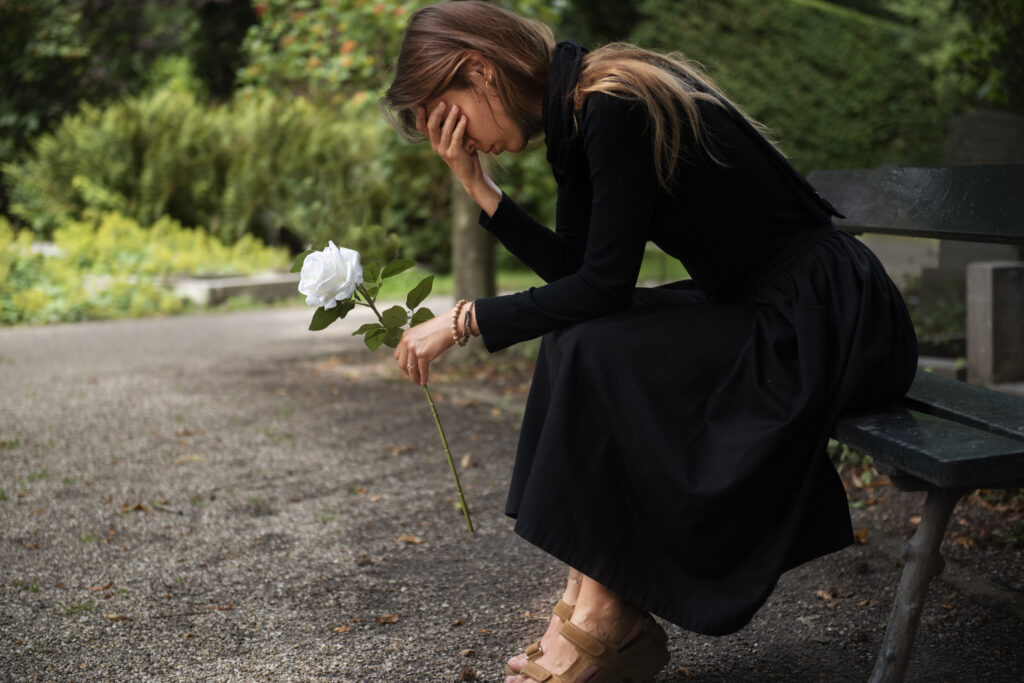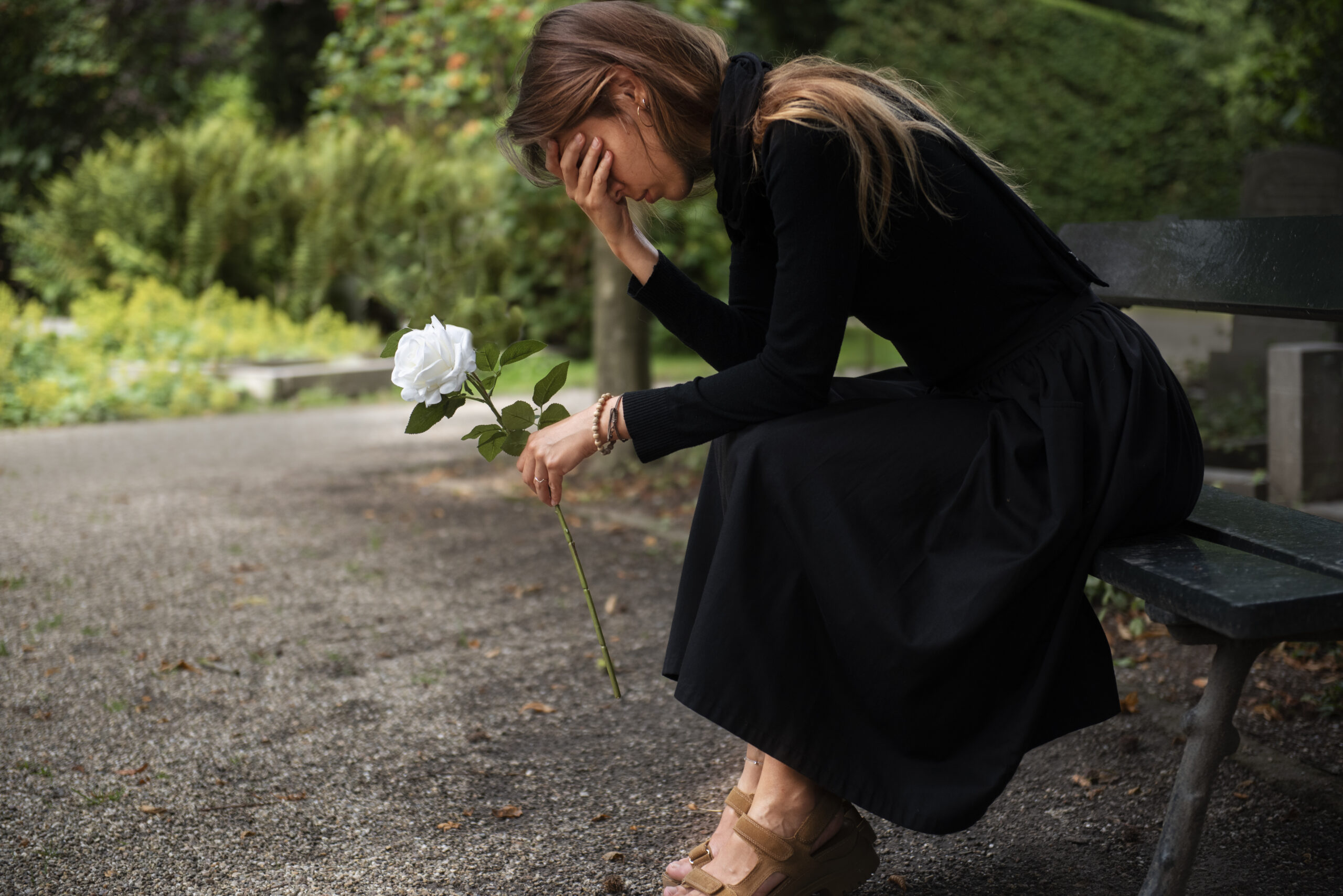What Is Grief Counseling? A Guide to Healing and Support in Houston, TX

Losing someone we love is one of the hardest parts of life. It can leave us feeling empty, confused, and unsure how to move forward. While grief is a natural human response, for many people, the pain becomes so heavy that daily life feels overwhelming. This is where Grief Counseling can help.
Grief counseling provides a safe and supportive space to share feelings, work through emotions, and slowly rebuild life after loss. Whether it’s the passing of a loved one, the end of a relationship, or even a major life change, grief counseling helps people process pain and find healthy ways to heal.
In this article, we’ll walk through what grief counseling is, the different types of grief, the techniques counselors use, and how effective this kind of support can be, especially for people seeking help here in Houston.
1. What Is Grief Counseling?

Definition:
Grief counseling, sometimes called bereavement counseling, is professional help for those going through loss. It gives people a chance to talk about their sadness, understand what they’re experiencing, and learn healthy ways to cope.
Why it matters:
Grief doesn’t look the same for everyone. For some, grief eases naturally with time, while for others, it lingers or becomes stronger, interfering with sleep, work, or relationships. In those situations, counseling can make a huge difference.
Main goals of grief counseling include:
- Giving people space to express feelings without judgment
- Helping them understand the grieving process
- Teaching coping skills to manage pain
- Supporting them in finding new meaning and purpose
2. Types of Grief and How Counseling Helps
Grief is not “one size fits all.” People may experience different forms of grief depending on the situation. Understanding these types helps explain why Grief Counseling in Houston can be so valuable.
Common Types of Grief
- Anticipatory Grief: This happens before a loss actually occurs, such as when a loved one is facing a terminal illness. People begin grieving the changes before the final goodbye.
- Normal Grief: The natural process most people experience after loss. It can include sadness, anger, guilt, or even relief.
- Complicated or Prolonged Grief: When grief continues for many months or even years without improvement. It can make daily life extremely difficult.
- Disenfranchised Grief: Grief that isn’t openly acknowledged by others. For example, grieving the loss of a pet, a miscarriage, or a broken friendship.
- Traumatic Grief: When grief is mixed with shock or trauma, such as after a sudden accident, natural disaster, or violent event.
3. Techniques Used in Grief Counseling
Counselors use a variety of approaches depending on what a person needs. Here are some of the most effective methods:
Cognitive Behavioral Therapy (CBT)
This technique helps identify and change unhelpful thoughts that make grief worse. For example, instead of “I’ll never be okay without them,” CBT works to reframe that into healthier beliefs.
Acceptance and Commitment Therapy (ACT)
Rather than fighting painful feelings, ACT teaches people to accept their emotions while still making choices that align with their values and goals.
Traumatic Grief Therapy
Designed for those who experienced a sudden or violent loss, this approach helps address both trauma symptoms and grief at the same time.
Complicated Grief Therapy
A structured program that gently guides people through milestones of grief, helping them adjust to life without their loved one.
Family-Focused Grief Counseling
When families are grieving together, counseling can help improve communication, reduce conflict, and strengthen support among family members.
Supportive Counseling
Sometimes, what’s needed most is a compassionate ear. Supportive counseling offers empathy, validation, and encouragement through conversation.
Creative Techniques (Art, Journaling, Rituals)
For many, expressing emotions through writing, drawing, or creating memory rituals can help release feelings and honor loved ones.
Group Counseling and Support Groups
Being with others who are grieving can bring comfort, understanding, and encouragement. Sharing stories in a safe group setting reminds people they’re not alone.
4. Does Grief Counseling Really Work?

The short answer is yes, but like all support, it depends on the person, the type of loss, and the method used.
- CBT and Complicated Grief Therapy have strong evidence of helping people reduce painful symptoms and move forward.
- ACT and supportive counseling are very effective for those learning to live with grief without being consumed by it.
- Family-focused approaches work well when the whole household is struggling with loss.
- Creative and ritual-based techniques give people unique ways to express their feelings, especially if words are hard to find.
- Group counseling helps many feel supported, though it may not be enough alone for very complicated grief.
Research shows that with the right approach, grief counseling can ease emotional pain, reduce depression and anxiety, and help people rebuild meaningful lives.
5. Why Choose Grief Counseling in Houston?
Houston is a diverse and caring city, and seeking counseling locally offers important benefits:
- Personalized care: Working with a Houston-based counselor means getting support tailored to your needs and culture.
- Faith-based support: Many in Houston value spiritual guidance alongside therapy. Local counselors, including those with a Christian background, can integrate faith into healing.
- Community connection: Having someone who understands the community helps make the counseling experience feel grounded and relatable.
At Jamie Leonard LPC, I combine professional techniques with compassion, empathy, and faith. I understand how grief touches every part of life—emotional, physical, relational, and spiritual—and I will walk alongside you at your own pace.
6. What to Expect in Grief Counseling
If you’re thinking about beginning Grief Counseling in Houston, here’s a general outline of what the process might look like:
- First Session & Assessment: Talking about your story, your loss, and your needs.
- Setting Goals: Identifying what healing looks like for you, whether it’s sleeping better, finding peace, or rebuilding routines.
- Exploring Feelings: Safely expressing sadness, anger, or guilt without judgment.
- Learning Coping Skills: Building strategies to handle difficult moments and overwhelming emotions.
- Working Through Memories: Finding healthy ways to remember and honor your loved one.
Moving Toward Healing: Slowly returning to daily life, relationships, and personal goals while carrying memories with love instead of pain.
7. When Is Grief Counseling Most Helpful?
Not everyone needs counseling for grief. But it may be time to seek help if:
- You’ve been grieving for many months with little or no relief
- You feel stuck in overwhelming sadness or anger
- You avoid reminders of your loved one because it’s too painful
- Grief is affecting your sleep, work, or relationships
- You feel disconnected from your faith or sense of purpose
You’re struggling with guilt, regret, or trauma connected to the loss
Conclusion: Finding Hope in the Midst of Grief
Grief is one of life’s hardest journeys, but no one has to walk through it alone. Grief Counseling in Houston offers guidance, support, and hope for people facing loss. Through counseling, you can honor your loved one’s memory while also finding strength to move forward.
At Jamie Leonard LPC, with patience, compassion, and faith, I will walk with you as you process loss and discover renewed meaning in life.
If you or someone you know is struggling with grief, reaching out for support may be the first step toward peace.







